Grain to Glass: The Impact of Carlow's New Brewing and Distilling Centre on Irish Farmers
Introduction
Big things are brewing in Carlow, quite literally. The National Centre for Brewing and Distilling has just opened its doors at Teagasc Oak Park, and it’s not just a win for the drinks industry, it's one for Irish farmers, tillage growers, and anyone interested in sustainable, homegrown enterprise.
Launched by Minister of State Martin Heydon and backed by €2.3 million in funding since 2020, the centre is packed with cutting-edge equipment designed to support everything from beer brewing and spirit distillation to non-alcoholic craft drinks and sensory analysis of Irish whiskey. But what makes this development really exciting is its potential to bring the drinks industry closer to the Irish field.
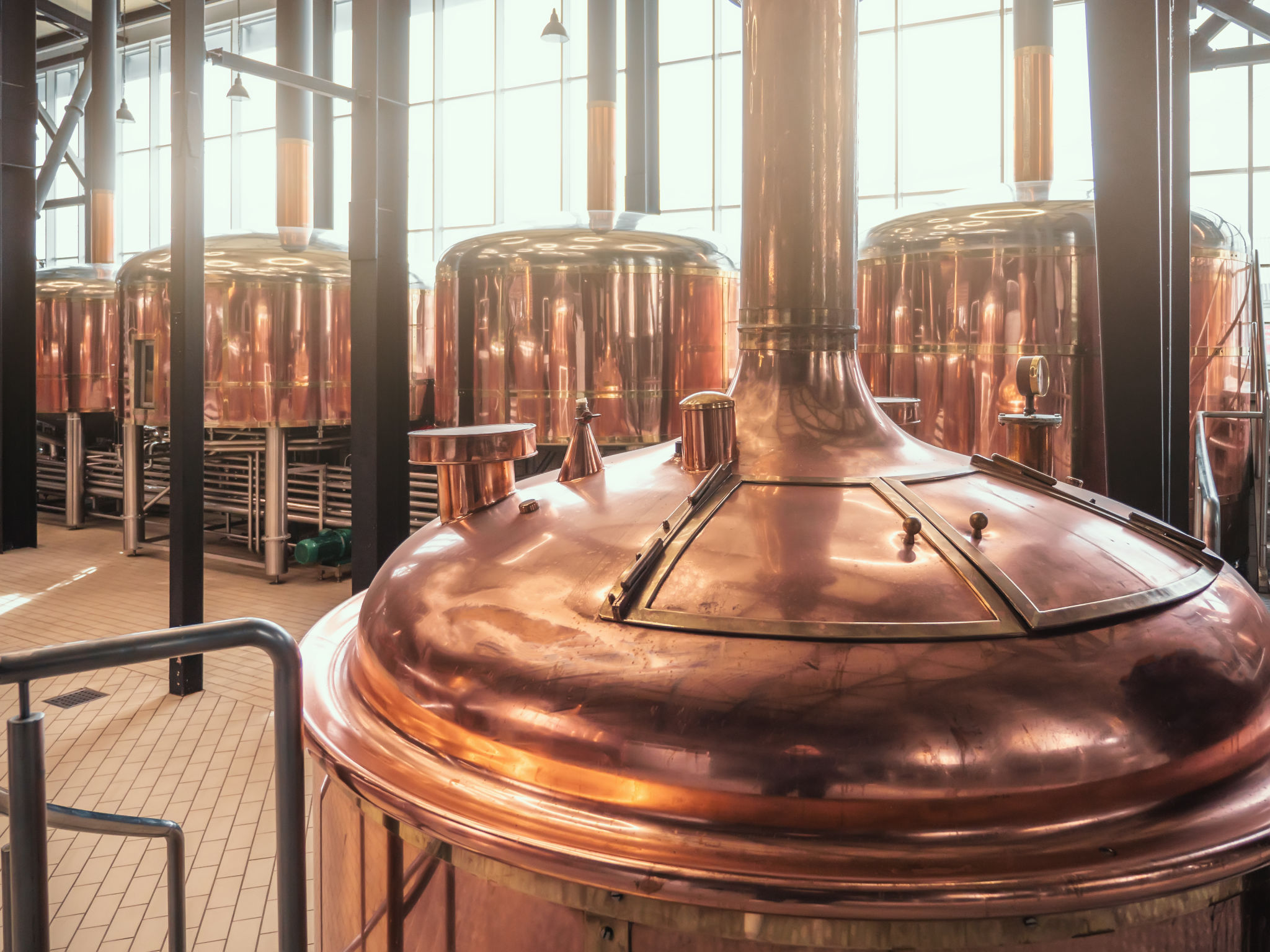
Reconnecting Field and Glass
For years, much of the work involved in developing new beers and spirits such as; testing grains, trialling recipes, and refining flavours, had to be done overseas. It was expensive, logistically awkward, and a missed opportunity for Irish agriculture. Now, with this state-of-the-art centre based in Carlow, all of that changes.
Producers can work directly with Irish-grown grain and farmers can finally be part of that creative process, not just sitting at the raw end of the supply chain.
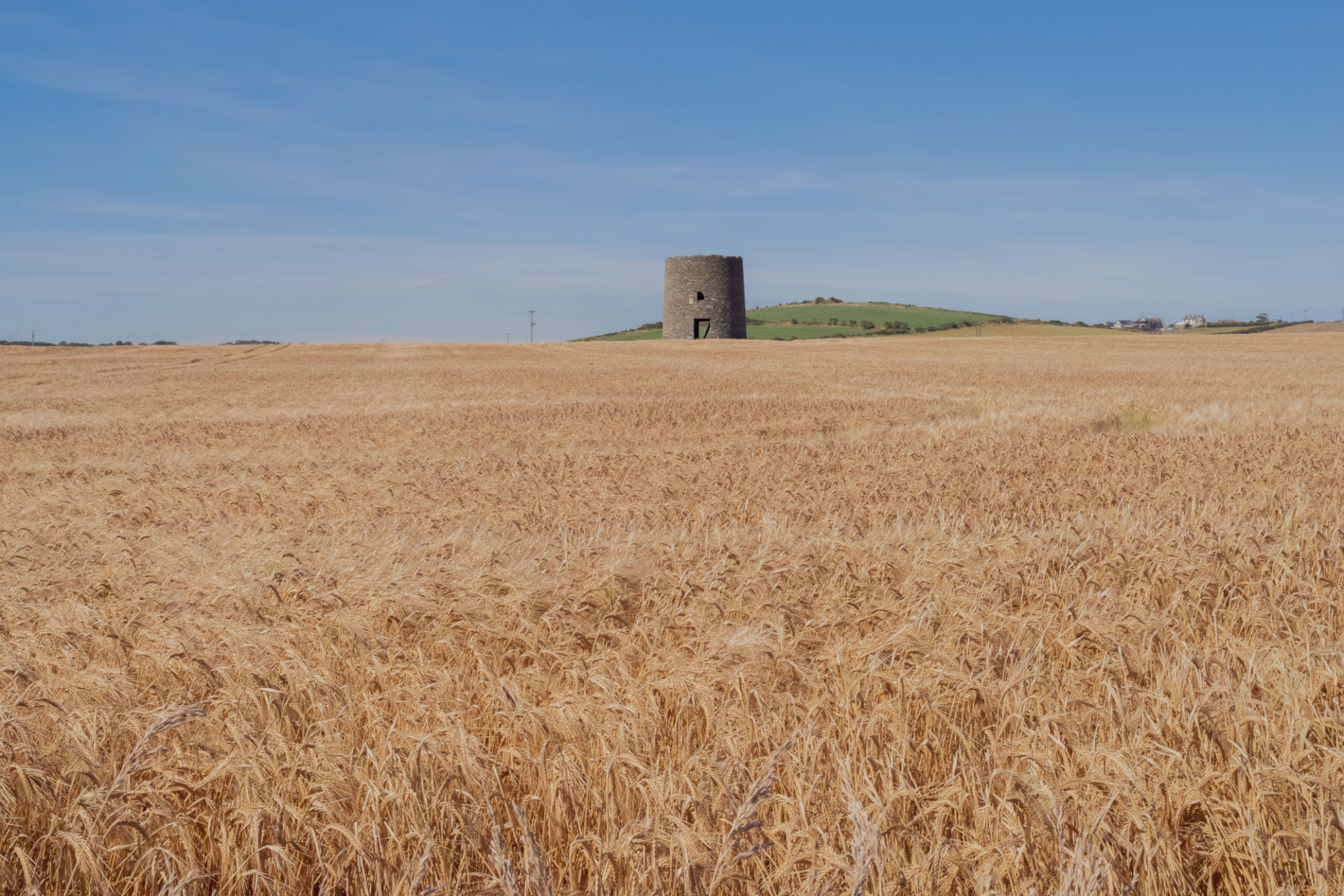
Good News for Grain Growers
In 2024, incomes on tillage farms increased with the average hitting around €30,000. Spring barley is back in strong demand too, with nearly 140,000 hectares planted last year, well above what we’ve seen over the past five.
Still, things can be uncertain. Grain prices bounce around, and markets don’t always play fair. That’s where the new brewing and distilling centre in Carlow could make a real difference. It gives Irish growers a way to connect directly with producers looking for quality, local ingredients.
It’s a simple idea, really: the closer the connection between field and final product, the better it is for everyone. It adds value to the grain, cuts out some middlemen, and gives farmers a bigger stake in the finished story.
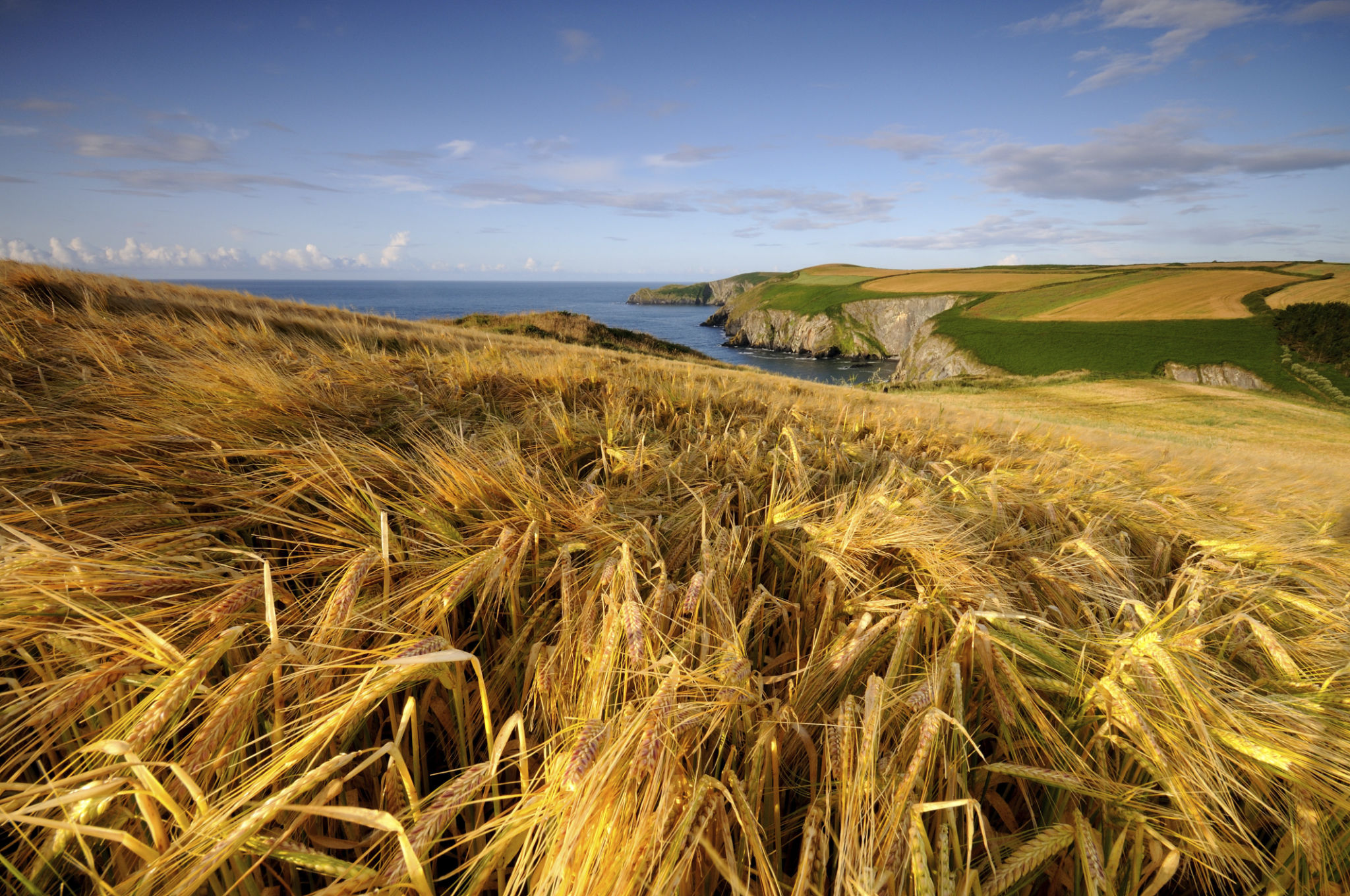
The Sustainbility Side of Things
When people talk about sustainability, it’s easy for the conversation to drift into vague territory. But at its core, it boils down to practical decisions that make long-term sense. If we can grow the grain here, malt it here, brew it here, and bottle it here, we cut out a whole load of unnecessary steps; fewer food miles, less reliance on imported grain, and more value staying within the country. It’s better for the environment, and it’s better business too.
Plenty of farmers are already putting in break crops like beans, oats, and oilseeds. These aren’t just good for the ground; they’re vital for crop rotation and reducing the need for chemical inputs. The issue has always been finding consistent, worthwhile outlets for them.
With this centre up and running, there’s now a real market for what’s grown here. A brewery needing Irish oats for a limited-release stout, or a distillery experimenting with a new mash bill, it all starts to add up. It gives those crops a destination, and that helps keep the whole system balanced and worthwhile.
It’s not about ticking sustainability boxes for the sake of it. It’s about building a system that works, from the ground up.
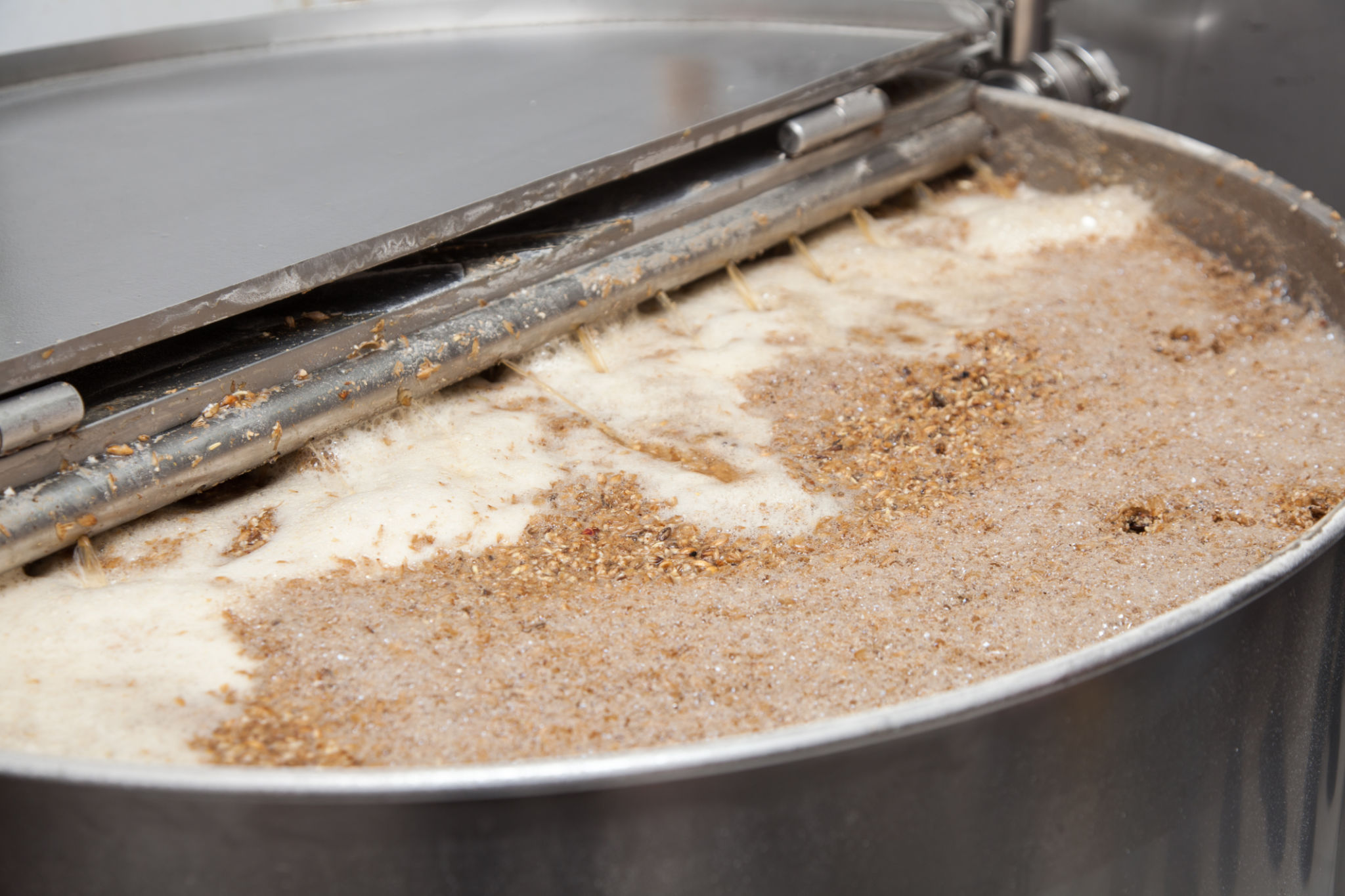
From Pot Stills to People Skills
Beyond the tech and the testing, the centre is also a place of learning. It will be used to train students in brewing and distilling, offering practical, real-world experience. That’s not just good news for graduates, it’s great news for the industry.
We need a new generation of people who understand both the science and the story behind what we drink. Who know where the grain came from. Who care about quality, sustainability, and the future of Irish food and farming.
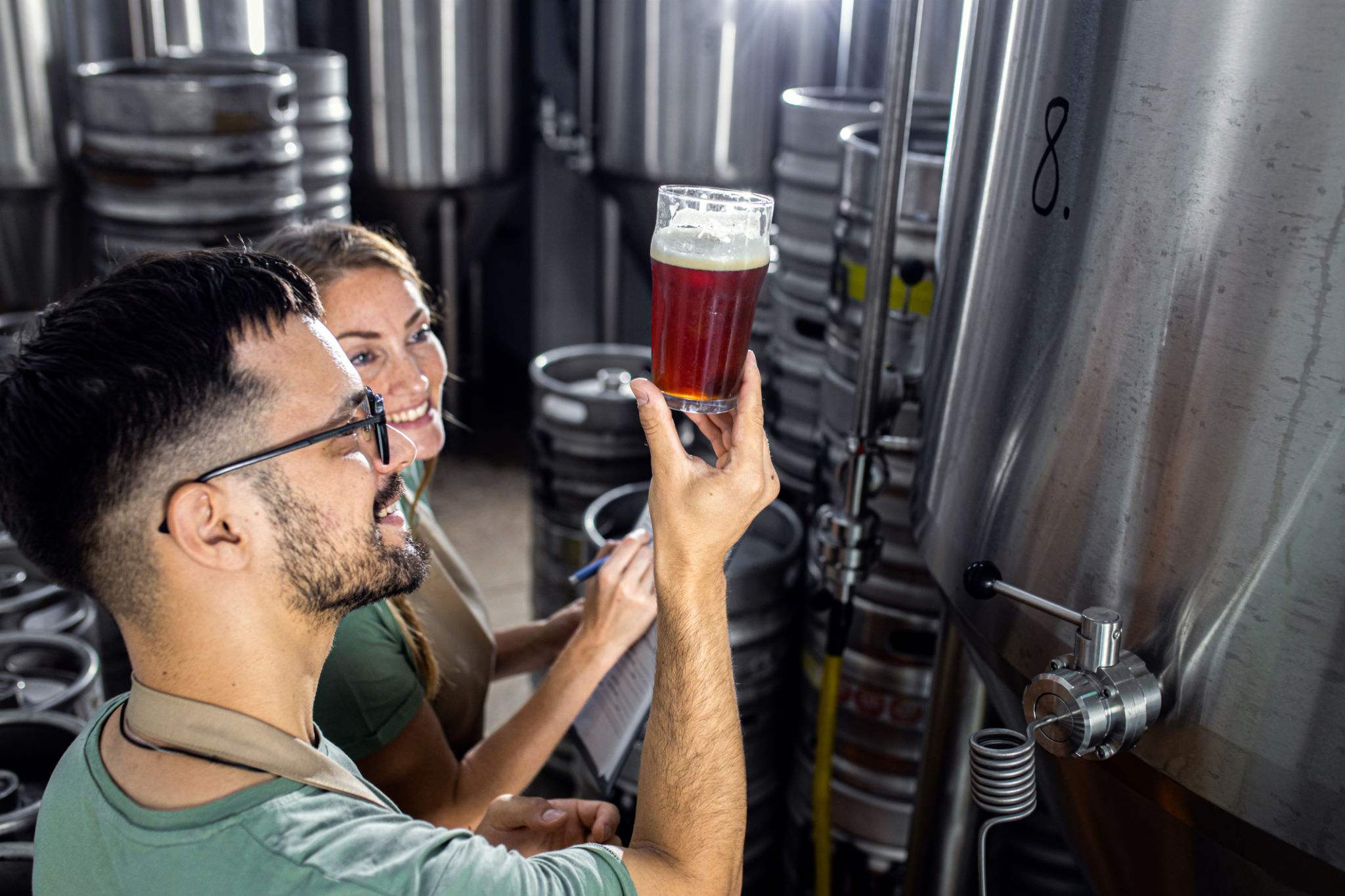
Conclusion
The newly opened National Centre for Brewing and Distilling at Teagasc Oak Park, Carlow, is a major step forward for Irish agriculture and the drinks sector. Backed by €2.3 million in funding, it brings product development, once outsourced abroad, back onto Irish soil. Farmers can now work directly with producers, creating a stronger link between grain and glass. With tillage incomes rising and demand for crops like spring barley growing, the centre offers real opportunity in a volatile market. It also strengthens sustainability by reducing food miles and supporting the use of break crops like oats and beans. On top of that, it’s a training ground for the next generation of brewers and distillers, people who value Irish grain, understand the land, and care about quality.
*By Anne Hayden MSc., Founder, The Informed Farmer Consultancy.
